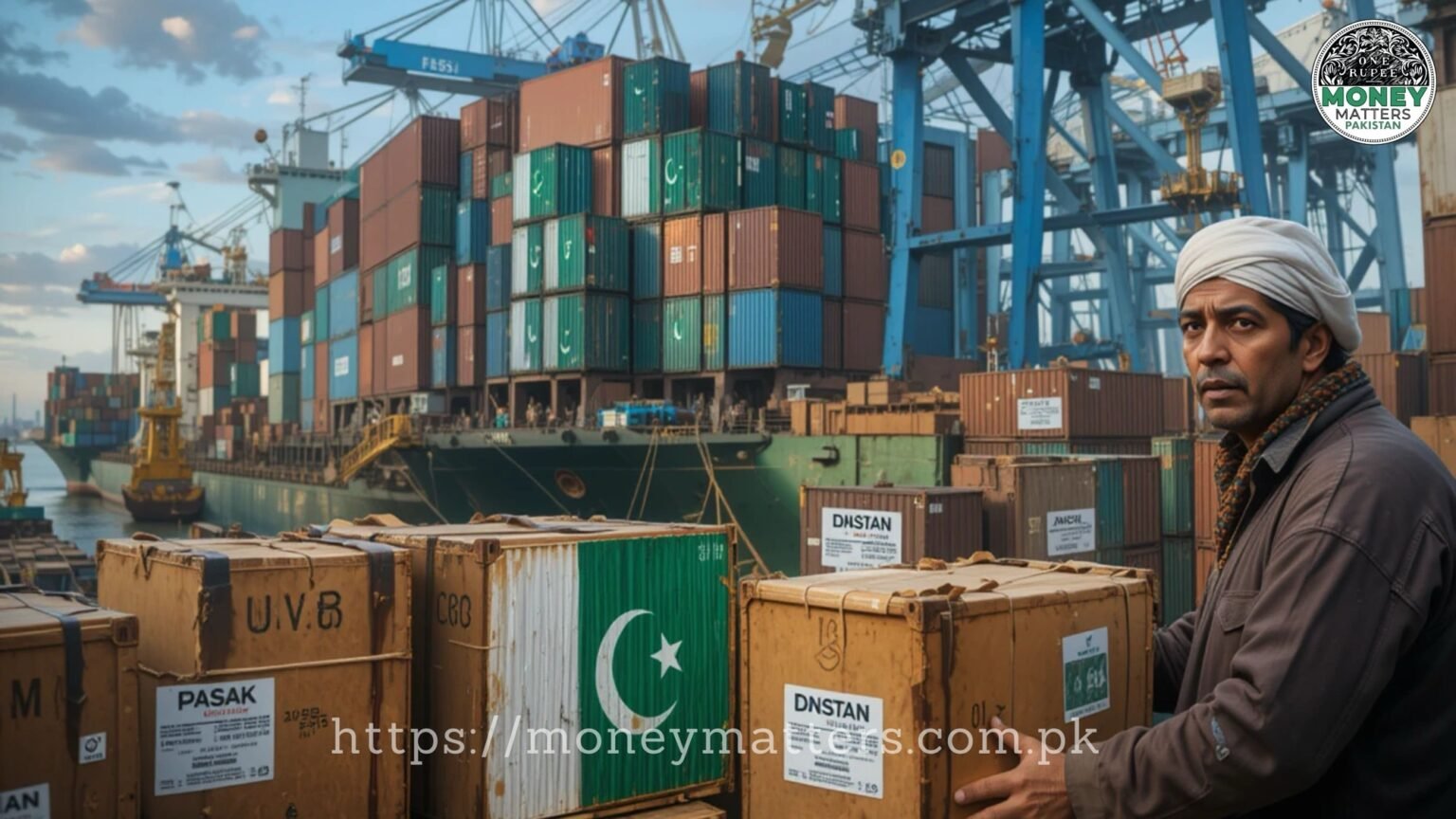New duties could cause significant losses for key Pakistani industries, prompting calls for diversification and government action.
Key Takeaways:
i) The United States has imposed a 29% tariff on certain products from Pakistan, particularly affecting the textile and leather sectors.
ii) This tariff could lead to a significant decrease in demand for Pakistani goods in the US market, potentially causing annual losses between $366.25 million and $549.375 million.
iii) Experts are urging Pakistan to diversify its export markets and improve product quality to mitigate the impact of these tariffs.
Money Matters Monitoring Desk – A recent article published by The News in its “Money Matters” section, titled “What do the tariffs mean for Pakistan” and authored by Tariq Khalique, highlights the potential negative impact of new US tariffs on Pakistan’s economy, particularly its crucial textile and leather industries. The article, available at What do the tariffs mean for Pakistan, quotes Tariq Khalique as stating, “The recent 29 per cent tariff imposed by the US on certain products from Pakistan, especially in the textile and leather sectors, could have a negative impact on Pakistan’s economy.”
The US is a major importer of textiles and leather from Pakistan. According to the article, Pakistan’s textile exports to the US range from $3 billion to $3.75 billion annually, while leather exports are between $375 million and $450 million per year. The imposed tariffs could make these Pakistani goods less competitive, potentially leading to a 10-15% drop in demand. Khalique notes, “If demand for these products drops by 10-15 per cent, Pakistan could lose between $366.25 million and $549.375 million annually.” This situation could worsen Pakistan’s existing economic challenges, potentially resulting in job losses and production slowdowns.
The article emphasizes the urgent need for Pakistan to diversify its export base beyond textiles and leather. Strategies for economic diversification include investing in human capital, infrastructure development, and supporting small and medium enterprises (SMEs). Promoting innovation and technology, and exploring new export markets are also crucial. Pakistan’s government is reviewing trade strategies and considering measures to mitigate the tariffs’ impact.
Pakistani officials are engaging with their US counterparts to request a review of the tariff hike. Prime Minister Shehbaz Sharif has formed a working group to coordinate a national response.
In addition to diversification, improving product quality and branding are essential for Pakistan to remain competitive. The textile industry, in particular, faces challenges such as outdated machinery and high energy costs. The leather industry grapples with environmental concerns and a lack of skilled manpower. Addressing these issues is vital for the long-term health of Pakistan’s export sectors.




